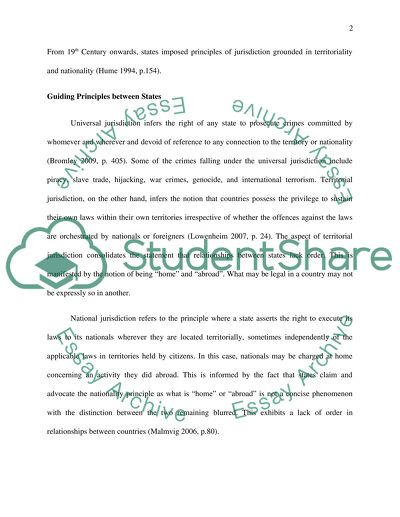Cite this document
(“Examine and Assess the View that Relationships between States Lack Essay”, n.d.)
Examine and Assess the View that Relationships between States Lack Essay. Retrieved from https://studentshare.org/sociology/1452430-examine-and-assess-the-view-that-relationships
Examine and Assess the View that Relationships between States Lack Essay. Retrieved from https://studentshare.org/sociology/1452430-examine-and-assess-the-view-that-relationships
(Examine and Assess the View That Relationships Between States Lack Essay)
Examine and Assess the View That Relationships Between States Lack Essay. https://studentshare.org/sociology/1452430-examine-and-assess-the-view-that-relationships.
Examine and Assess the View That Relationships Between States Lack Essay. https://studentshare.org/sociology/1452430-examine-and-assess-the-view-that-relationships.
“Examine and Assess the View That Relationships Between States Lack Essay”, n.d. https://studentshare.org/sociology/1452430-examine-and-assess-the-view-that-relationships.


